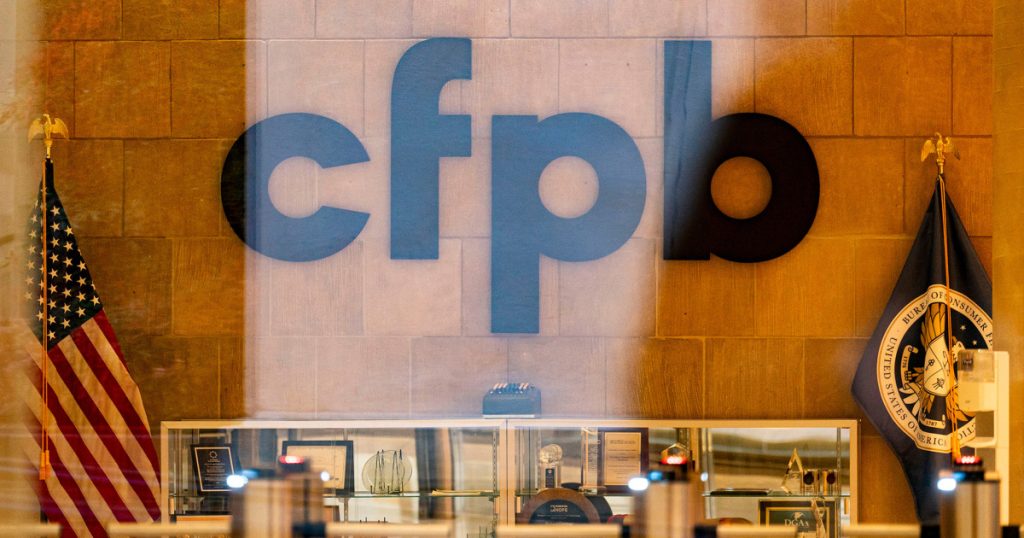The Trump Administration’s Assault on the Consumer Financial Protection Bureau
The Consumer Financial Protection Bureau (CFPB), established after the 2008 financial crisis, has been a crucial protector of consumer rights. However, the Trump administration has launched a significant attack on the agency, aiming to dismantle it. This move has left many concerned about the impact on consumer protection, especially with nearly $18 trillion in consumer debt at stake. The CFPB’s website recently displayed a "404: Page not found" error, symbolizing the chaos within. Acting Director Russell Vought instructed employees to halt most work activities, and the agency’s funding is now in question. This abrupt shutdown has sparked lawsuits from a federal union, highlighting the political tensions surrounding the CFPB’s future.
The CFPB’s Role and Achievements in Consumer Protection
Since its inception, the CFPB has been a vital watchdog, recovering nearly $20 billion for consumers during the Biden administration. It has targeted unfair practices like excessive overdraft fees, which dropped by $6 billion between 2019 and 2023. The agency also addressed medical debt, leading to the removal of smaller medical bills from credit reports, benefiting millions. These achievements underscore the CFPB’s commitment to fair financial practices and consumer relief, making its potential dismantling a significant loss for everyday Americans.
The Impact of Dismantling the CFPB on Consumer Debt and Financial Health
The CFPB’s dismantling could leave consumers vulnerable to predatory lending and unfair banking practices. Without oversight, institutions might revert to high fees and exploitative practices, burdening already strained households. The agency’s role in supervising banks and nonbank lenders is crucial, especially in preventing another financial crisis. Losing this oversight could erode trust in the financial system and leave consumers without a critical advocate.
The CFPB’s Struggles Under Political Fire
The CFPB has long faced political opposition, with critics like Russell Vought advocating for its abolition. During Trump’s first term, Director Mick Mulvaney weakened the agency by dropping lawsuits and firing advisory boards. Now, under Vought’s leadership, the CFPB is halted, leaving pending regulations, such as capping credit card late fees, in limbo. Political challenges and legal pushback threaten the agency’s effectiveness, raising concerns about its ability to protect consumers in the future.
The Broader Implications for Financial Regulation and Consumer Rights
Beyond the CFPB, the push for deregulation affects broader financial oversight. A bill proposed by Senators Bernie Sanders and Josh Hawley to cap credit card interest rates faces opposition, illustrating the challenges in legislative consumer protection. The CFPB’s role in monitoring Big Tech and AI adds another layer of complexity, as digital payments grow. Without the CFPB, regulating these emerging areas may become more challenging, leaving consumers exposed to new risks.
Conclusion: The Fight for Consumer Protection in an Era of Deregulation
The battle over the CFPB reflects a broader debate on consumer protection versus deregulation. While the agency has made significant strides in defending consumers, its future remains uncertain under the Trump administration. The potential consequences—higher fees, less oversight, and reduced advocacy—could harm millions. As the political landscape evolves, the fight for consumer protection continues, emphasizing the need for a balanced approach that prioritizes both economic stability and consumer rights. The outcome will shape the financial landscape for years to come, making advocacy and awareness crucial in this pivotal moment.












